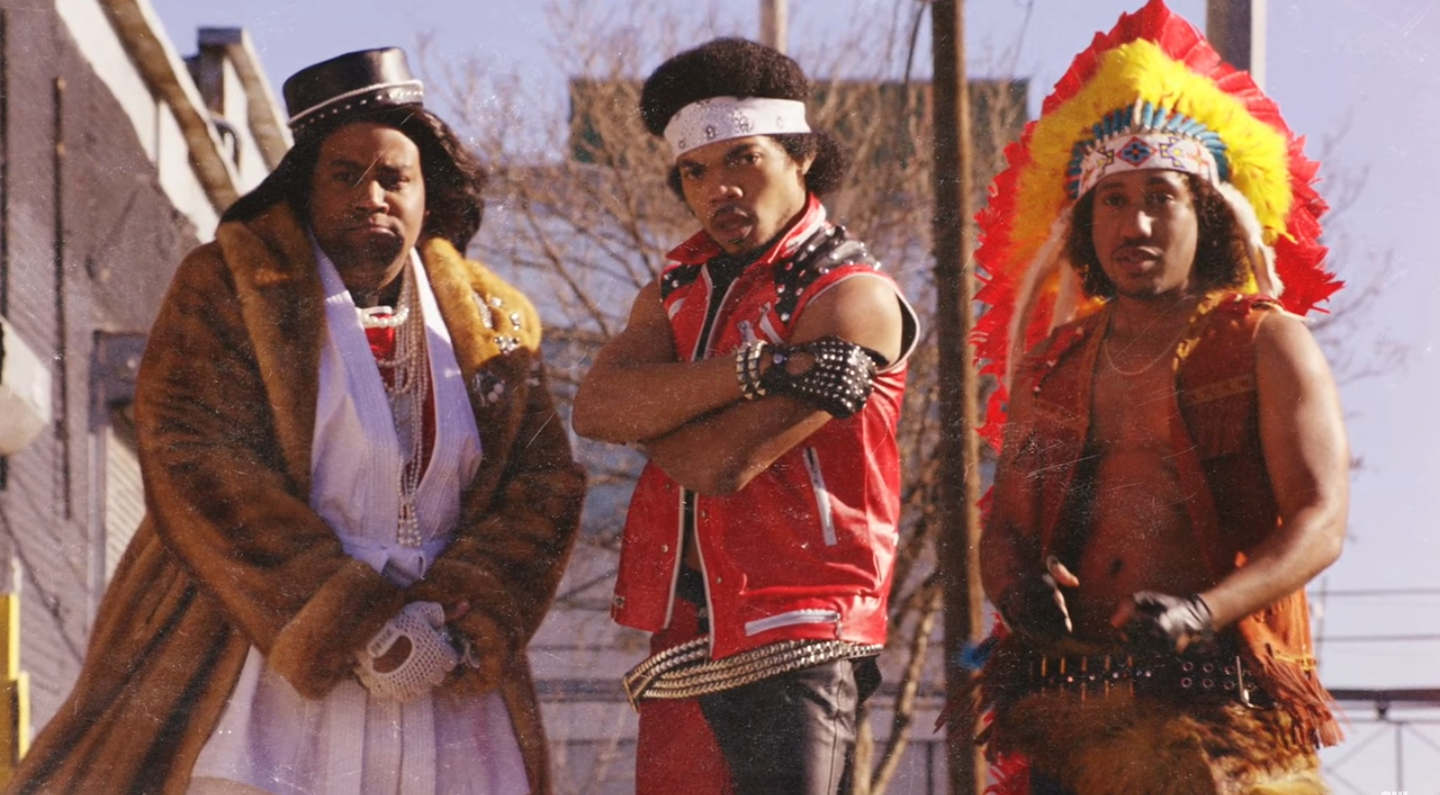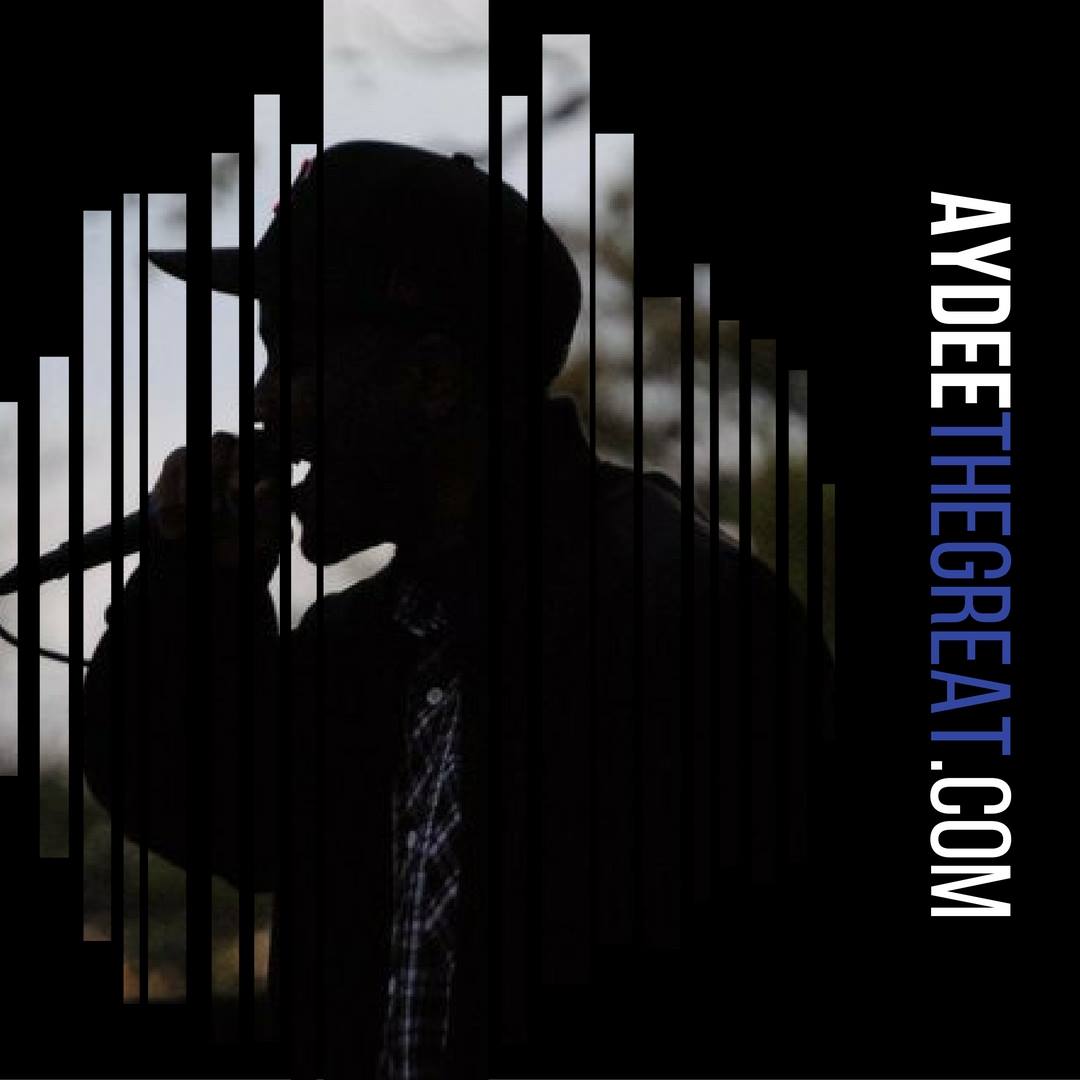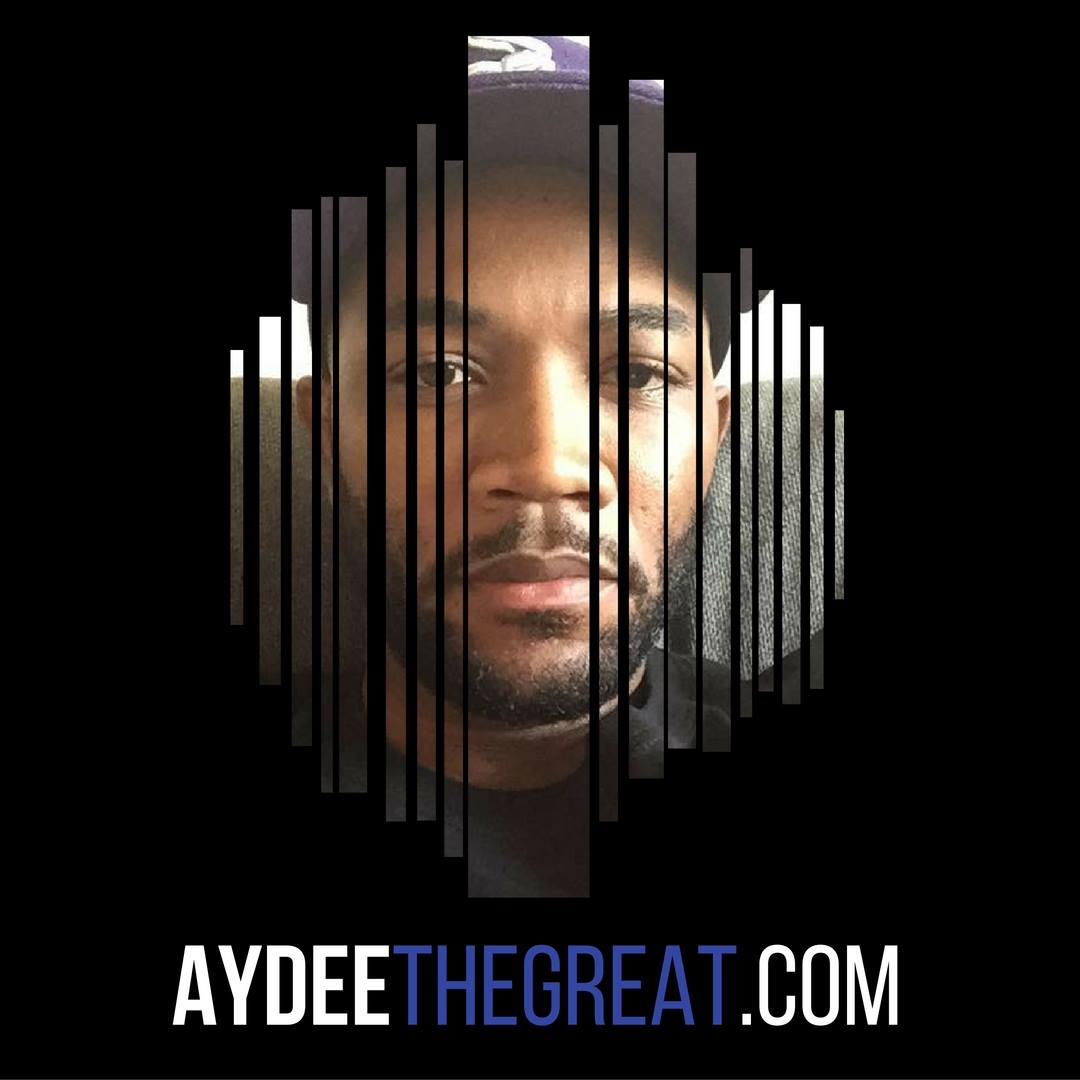
20 Nov What We Can Learn From “Rap History”
Recently, two popular rap artists, 21 Savage and Lil Uzi Vert, separately addressed drug use and abuse among the current generation of rappers. 21 Savage’s remarks are toward “OG Rappers” who criticize the current generation’s creative output. He says, “They say we make drug user music like making drug selling music is better what’s the difference?” In the wake of the overdose death of 21 year-old rapper-on-the-rise, Lil Peep, Uzi tweeted, “We Would love 2 stop ….. But Do You Really Care Cause We Been On Xanax All Fucking Year .”
The intergenerational argument between so-called “Old Heads” and “New Rappers” and their respective fans has persisted throughout the relatively short history of hip-hop. As a professor of Hip-Hop, I’m often invited to weigh in on this topic. I’m always interested in the conversation, but I also wonder if there are ways we can use that space to address some of the intergenerational issues that seem to be obscured by the boasting of which era created better music.
The points about new rappers’ obsession with mumbling nonsensical phrases or only rapping about money and women are easily disputed by putting on “Rappers Delight,” reciting the opening four bars of scat that start the rap, or highlighting some of its memorable lines like, “Hotel, motel, what you gonna do today? Gonna get a fly girl, gonna get some spank, and drive off in a def OJ” [and the line that follows, of course … but also the lines that precede that one]. I often wonder aloud what the 1979 Old Heads must’ve been saying about rappers then and how much people who clown New Rappers now sound like yesterday’s Old Heads. Certainly, today’s New Rappers will be dissatisfied with what the next generation will do with rap, and they’ll likely be very vocal about their displeasure, especially as those New Rappers start to become their competition.
Due to myopia, solipsism, or some combination of the two, I think folks on either side miss a potentially important perspective, especially regarding ways each might learn from the other. Regardless of the person starting the argument, it seems fair to say that Old Heads and New Rappers and their fans are more alike than they think. In a lot of ways, I think they’re the same, just at different points in their lives.
I’m sure the conversation is sure to persist in Hip-Hop Culture as it does through all realms of art and entertainment as we — many of us — grow into adulthood and unknowingly adopt positions previously held by the preceding generations while simultaneously seeing ourselves as completely different. This is perfectly exemplified in the 18 November 2017 “Saturday Night Live” sketch “Rap History” in which the episode’s host, Chance the Rapper, and cast members Chris Redd and Kenan Thompson portray Old Head “rap pioneers” — a group named “Soul Crush Crew” — who are interviewed about a New Rapper named “Lil Doo Doo,” portrayed by Pete Davidson.
This is comedy with some serious points worth highlighting, as funny as it may sound attempting analysis amidst the ridiculousness. In the sketch, the New Rapper, much like 21 Savage, Uzi, and Waka Flocka“cause[s] controversy” with a dismissive critique of his predecessors. He admits publicly that he has never heard hip-hop before 2009 and deems Soulja Boy, Bow Wow, and Nick Cannon “Old School.” The audience laughs, but my experiences in and outside of the classroom tell me this isn’t much of a stretch for some folks. There are many artists and fans for whom historical significance is solely determined by whether an event occurred during their lifetime.
The relative youth of hip-hop makes it easy to believe, apparently, we have a representative survey of the history of the world so long as we are attentive to our own respective eras. Our first album purchase’s significance to us, then, becomes undeniable proof of its significance to the history of the culture by this very casual manner of conflating our personal involvement with what should be considered historical. The first time we hear someone doing something we find innovative becomes the first time it was ever done … because if someone had done it before we would have surely heard it … because how could we not since we love the culture. And that love is bred of being alive to witness it develop. Except loving the culture isn’t the same as being a student of the culture. Love and study simply aren’t synonymous. Becoming or being a student might start with love, and it may be made much more enjoyable because of love, but love itself, on its own, is insufficient to qualify one’s claims of knowledge. It’s great that Questlove and Common are the interviewed experts in the sketch, too. Both appear [not just in the sketch] to take their reputations as lovers and students of hip-hop seriously, and their contributions are contrasted with those of the fictional Old Heads and the New Rapper.
The timing of the sketch would be noteworthy if there were ever a moment when this wasn’t a relevant conversation in popular culture. In the context of the death of Lil Peep earlier in the week the sketch aired, and the recent comments of 21 Savage and Lil Uzi Vert, though, the punchline at the end highlighting the shared intergenerational affinity for smoking weed with “just a little bit of crack” seems a bit morbid, even if unintentional. The comedy sketch still shows there’s plenty to be learned by the current generation of rap music lovers from the previous generation and vice versa, but we rarely make room for that learning to happen because we’re so busy attempting to pit “Old School vs. New School” as if that’s the only way — or even the most responsible way — to discuss Hip-Hop Culture.
It makes me appreciate that I get to learn from my students every day. I had to admit to them I had no clue who Lil Peep was when I read of his death, so they schooled me. Unsurprisingly, many of them were familiar with his work. One even argued that he might be considered a pioneer of his particular brand of rap music. After the student elaborated we moved on to other, related conversations. Another asked whether this tragedy might change the ways we talk about drug use and abuse among folks who love rap music and Hip-Hop Culture. Almost immediately after following the brief discussion of that question we listened to the new Eminem song with Beyoncé, and another student’s response of, “I miss the drug-addict Eminem.” kind of provided punctuation for the previous topic.
Though SNL makes no mention of Lil Peep in their sketch, and, again, I’m not insinuating in any way that it was the intention of the writers, the connection is easy to make. Eminem was the musical guest for that episode. They could have easily made the dramatic point my students did by substituting him for the “Soul Crush Crew” but that wouldn’t be nearly as funny.
But his makes me wonder if there are other conversations we could be having between generations of hip-hop lovers and creators that might be helpful to us all. Are there discussions that don’t require us to align ourselves against ourselves that might still propel us onward, upward, forward?
Perhaps that’s a question for another class on another day.



Aaron Carpenter
Posted at 21:35h, 20 NovemberI grew up in rural WV in the 80s and 90s; needless to say my exposure to hip-hop then was often limited to MTV (so not much). I can recall seeing the video for Run DMC’s rendition of Aerosmith’s “Walk This Way” quite a bit though or hearing Public Enemy thanks to the crossover with Anthrax and an older cousin who liked metal/thrash. Of course, there was also the Vanilla Ice and MC Hammer boom/bust in roughly middle school though I did not personally purchase either cassette. I can even recall my mom getting into with some older teens or young adults who were listening to Dre/Snoop while playing basketball at the park once. In college, I saw DMX open for Limp Bizkit to a crowd who could barely answer the question “what’s my name?” at the beginning of his set but could sing along to the chorus of “Party Up” at the end. The addition of turn tables to alternative in the early 00s by bands like Limp Bizkit, Incubus, and Linkin Park was my first ‘gateway drug’ to hip-hop; moving to suburban KY to teach math at a high school whose student body was half the size of mine but had hundreds of times the diversity was the second. The kids would keep me in the loop so to speak (and still do); during the second year, a burnt copy of The Black Album by Jay-Z got me hooked (and then shortly came even more of “the Old Kanye”). When discussing music with students then, I would say things that could be paraphrased now as “West Coast Gansta Rap was music I tolerated at best (“California Love” for instance); it is music of the other full of explicit references to drugs, sex, and violence,” as a mid-90s alternative teen from rural America. I had chosen my protest music; it was from the edges of primarily white culture. I liked the sound of this “conscious hip-hop” though and realized that I wished I had discovered things like Common, Mos Def, Talib Kweli, Tribe Called Quest, or the Roots as a teen. Flash forward ten years, I am still out-of-sync with my students … trap and mumble rap are the second coming of gangsta rap to me; they can’t believe I still listen to ‘old’ music like Kanye and prefer tracks with a message about life or social justice.
In just the last few days, I read somewhere all hip-hop is conscious hip-hop; it gave me pause. I realized NWA was describing their world and their perspective just as much as “The Message” … but the packaging of was more palatable to my cultural background. So here we are full-circle between that moment and this essay -except I’ questioning my bias against “New School” from within hip-hop instead of against all hip-hop from the outside.
Thanks for all you do